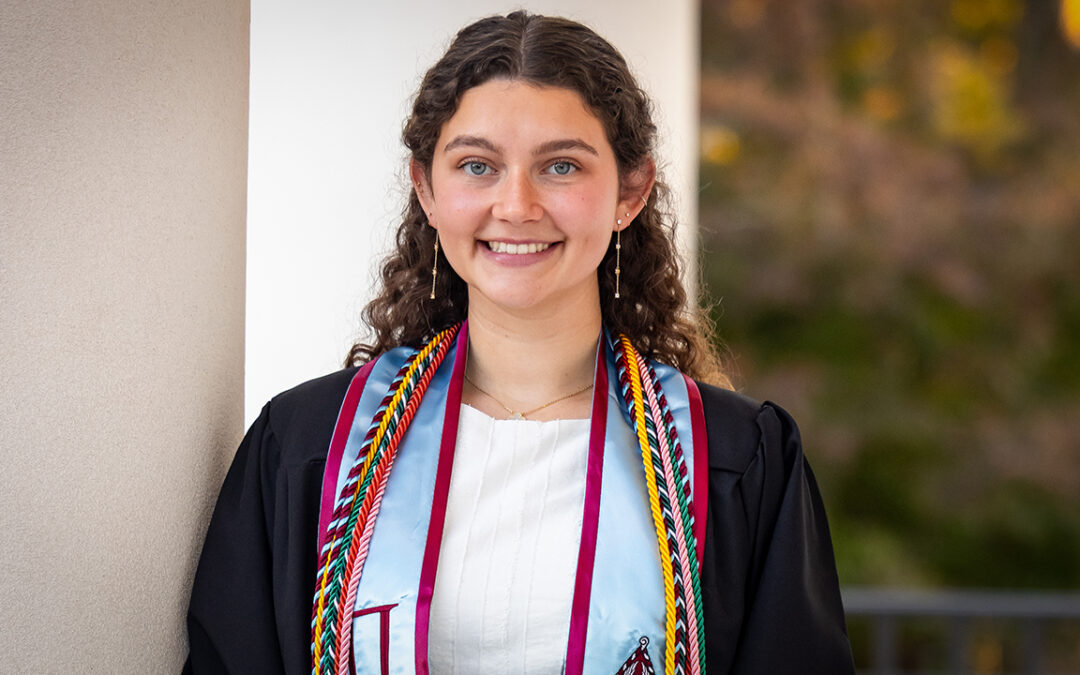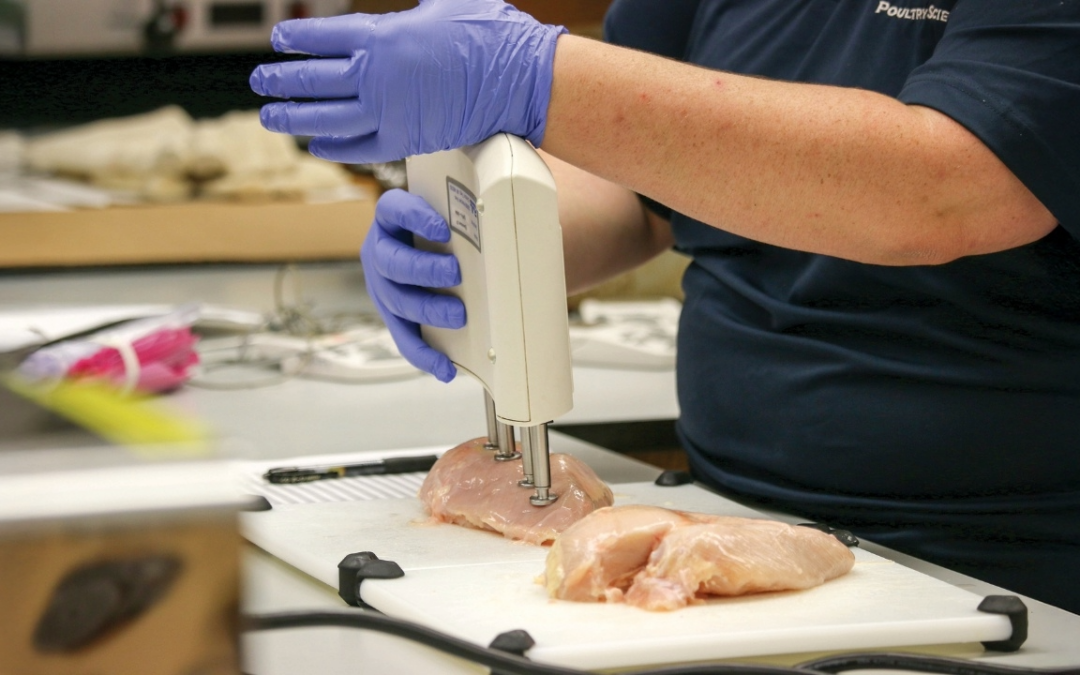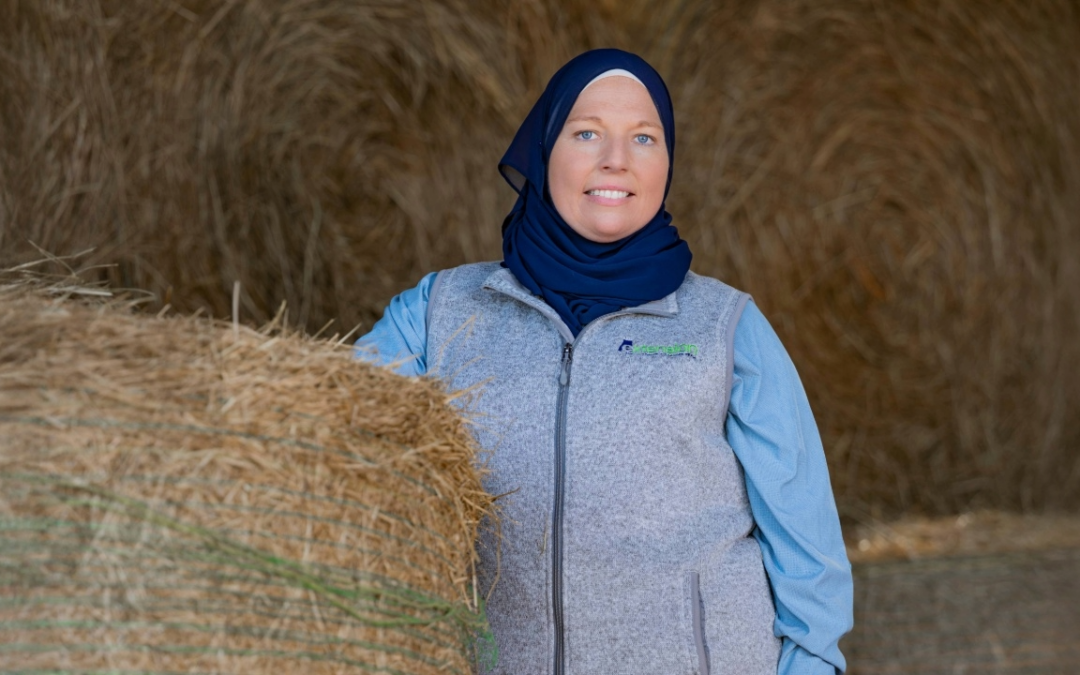
Heir property is land that is held communally by the descendants of an original property owner who died without a will. In this 1925 photo, Autauga County farm owner Adam Jones and family gather on the front porch. Jones apparently was among the blacks who had the opportunity to buy land to farm in the early 1900s. If he died without a written will, the property passed to his 12 children, with each one inheriting an 8.3 percent interest in the land.
AUBURN, Ala.—The USDA’s Agriculture and Food Research Institute has awarded a team of researchers from Auburn and Tuskegee universities a $500,000 grant to study heir property and its impact on land loss in rural African-American communities in the South.
Conner Bailey, rural sociology professor and Alabama Agricultural Experiment Station scientist at Auburn, and agricultural resource economist Robert Zabawa with the George Washington Carver Agricultural Experiment Station at Tuskegee, will co-direct the project, the central aim of which is to understand how heir property—land that has been passed down for generations to multiple descendants of an original property owner who died without a will—hampers asset building, community development and economic growth.
Working with Bailey and Zabawa will be Auburn associate professor Rebecca Barlow in the School of Forestry and Wildlife Sciences; agricultural economics professor Ntam Baharanyi with the Cooperative Extension Program at Tuskegee; and attorneys with the Alabama Appleseed Center for Law and Justice and North Carolina’s Land Loss Prevention Project. Both Zabawa and Baharanyi are affiliate faculty in Auburn’s Department of Agricultural Economics and Rural Sociology, Bailey’s home department.
In the newly funded project, the researchers will examine the phenomenon of heir property by comparing four communities that were established by the federal Resettlement Administration in the 1930s to create communities of African-American farmers who owned the land they worked to four similar communities that began without government support.
“Our research design allows us to explore whether the problems of heir property are the same in resettlement communities as they are in communities without this program history,” Zabawa said.
Because heir property is owned collectively by a number of family members, there is no clear title to the land, which means the property cannot be used as collateral for loans and is not eligible for federal farm programs or government housing-improvement assistance. Heir property also is highly vulnerable to loss, most often because of partition sales initiated either by an heir who has no physical or emotional ties to the land or someone who has gained control over the share owned by an heir. Partition sales typically result in the land being sold to the highest bidder.
In addition to gaining insight on heir property and its impact on wealth creation, the research team also will identify strategies that address vulnerabilities associated with heir property, develop Extension publications and programs to serve the needs of heir property owners and establish a course to be offered jointly at Auburn and Tuskegee that focuses on heir property and land loss in the context of asset building and community development in Alabama and the South.




